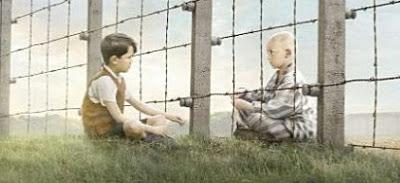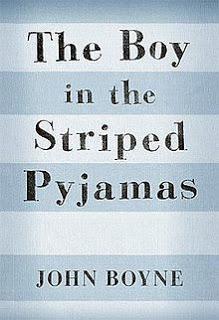
My first sojourn into serious writing was while studying for an Open College Network ‘B’ Unit in creative writing. We were very lucky, the final exam was a ‘take home piece’ – we were given a selection of photographs and instructed to write a poem, a short story or a dramatic monolog. I went straight into the library, found a desk and wrote a poem about one photograph. It was a curiosity-type, shop window.I reeled the first draft off in a round an hour and left for home feeling very pleased with myself. Perhaps another hour of refining would secure the exam and I could email it in. That would have been great.Unfortunately, I looked again at the other photographs and when I looked at one in particular my mind began to take over.The image would not leave me alone.
It was a black and white still of some gentlemen’s coats and hats, hanging on pegs in the vestibule (hallway) of a slightly unloved terraced house. It was an unremarkable photograph but it took me on a five day journey into the truth about Bergen- Belsen. I wrote a dramatic monologue, researching not only the statements of eye witnesses to the liberation of the camp but preserved memories from conversations, over thirty years earlier, with a colleague who became a lay–preacher following his own experienceas a young soldier, entering the camp in 1945.
Bergen -Belsen was not a death camp. Prisoners were not sent there to be gassed.Many were not Jewish: They were dissidents. Dissenting voices, just like ours. They were writers, academics, intellectuals, musicians, poets.They were interred because they disagreed with the Nazi government and were unafraid to speak out. A former army garrison, meant to house 1,000 became a disease ridden pit of death, packed with over 60,000 prisoners, all held without crime. It was also a repository for displaced Hungarian Jews and Russian POW’s. Over 35,000 innocent people died at Belsen through typhus, dysentery or starvation, shortly before or after liberation. Those who survived were found living and eating with 10,000 unburied dead. The camp was raised to the ground after liberation but a stone memorial now stands, where the gates to hell once opened.
Stripes can be wonderful. I should think of the seaside at Blackpool, of vivid coloured sticks of rock, stripped deckchairs, donkey rides, buckets and spades.I had that kind of wonderful childhood.I still live in Blackpool but at first mention of stripes, the image that stands out for me is of the striped uniform used to degrade my fellow human beings.My hope is that if we always remember those terrible crimes against humanity that our children and our children’s children will find a way to understand each other, to accept our differences and to live together live in peace.

A person
I see your face, once full of life, now desperation.
Eyes deep in fearful sockets,
cheeks tracked by tearful deprivation.
I see your suit, stained sour with degradation. Poor poisoned weeds, browning from their dehydration.
I see your limbs, protruding from striped humiliation,
camouflaged against your prison bars,
you are translucent in emaciation.
You disappeared inside your cover, my brother, sister, friend and I declare with all I have that’s human, this hate must end. Thanks for reading. Adele Email ThisBlogThis!Share to TwitterShare to Facebook
Reactions:
